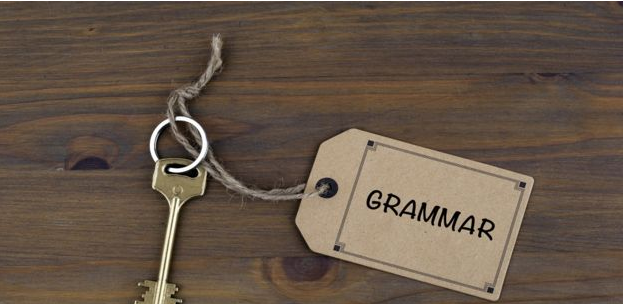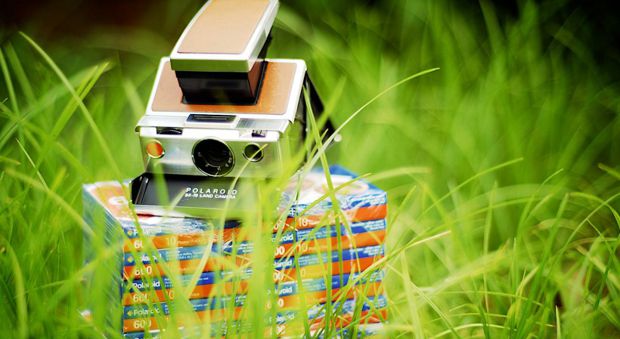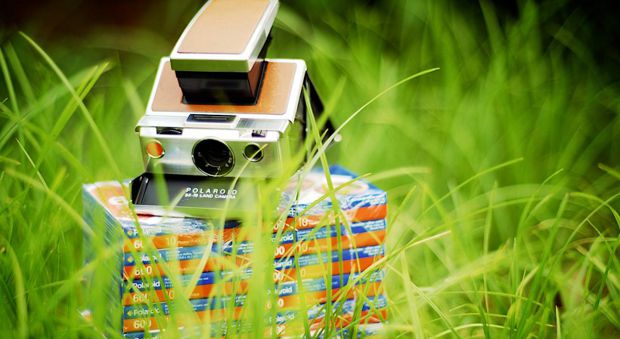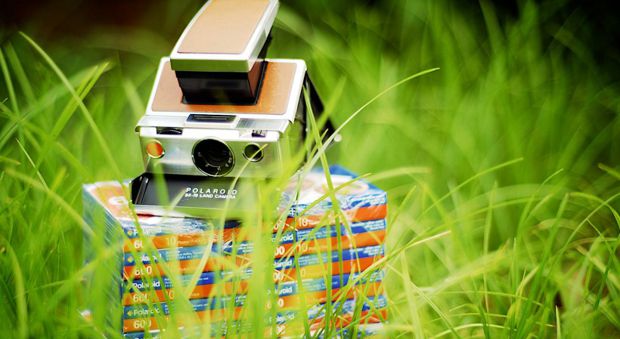可以避免的口语小错误,你都知道吗?(一)
|
今天为大家总结了中国学生常犯的一些口语错误,这里给大家高亮一些也许你们都会中枪的……
1. 我等会顺道去你家把你的东西给你。 I will drop by at your house and give your stuffs to you.(×) 这个句子中,顺道去…顺便拜访…可以直接使用 drop by somewhere。 需要注意的是:drop by后面不能加介词短语,可以直接“地方”,比如:drop by your place, drop by your office。 也可以用stop by和swing by来表示。 而“顺便把东西给某人”,可以用drop off 这个短语很地道,可以表示“把某个东西送到某个地方”或者“把某人送到某个地方”例如: Just drop me off at the next intersection. 就在下个路口把我放下吧。 所以“我等会顺道去你家把你的东西给你。”这句话正确的说法应该是: I'll drop by your place and drop off your stuff later. 2. 我们一起吃晚饭,聊聊近况吧。 Let's have dinner together and talk. (×) "talk"这个词就是you use spoken language to express your thoughts, ideas, or feelings.意思是谈话,说话,讲话。和聊聊近况还有点差距。 聊聊近况,叙旧,我们有个很简洁的词:catch up。例如: I promise you to catch up with you later. 我保证晚点跟你聊聊近况。 如果catch up 后面跟具体的人,要用介词with。例如: 和某人叙旧 Catch up with sb. 聊聊彼此的近况 Catch up with each other 所以“我们一起吃晚饭,聊聊近况吧。”这句话正确的说法应该是: Let's have dinner and catch up. Let's catch up over dinner. 3. 你能把剪刀递给我吗? Could you please hand me over that scissors? (×) 这句英文中错就错在了,犯了“意象思维”的错误,“递给…”意象性的理解为“hand over”。但其实hand over的意思是把…上交给某人。例如: Hand over the phone to the teacher. 把手机交给老师。 如果表示“把…递给某人”可以说: Hand sb. sth. Hand sth. to sb. Pass sb. Sth. Pass sth. to sb. 所以正确的说法是: Can you pass/hand me the scissors? Can you pass me those scissors? 4. 你要这个平板干嘛? What do you need the tablet for? (×) 首先我们先好清楚“用…做…”可以用 “want…for…” 或“need…for…” 。如果对for后面的内容进行提问,相对应的特殊疑问句就应该用what引导。如: What do you need this tablet for? 或者不用介词for, 疑问词用why。 Why do you need this tablet? 正确表达:你要这个平板干嘛?我们可以说: What do you want the tablet for? What do you need the pad for? 注意不要所有的平板都用“iPad”来表示哦,iPad只是众多品牌中的一种。 5. 我整晚都在写这篇论文。 I cost whole night writing this paper. (×) “花费…时间”我们可以说:Sb. Spend some time on sth. 例如: I spent two hours on this puzzle. 我花了两个小时做这个拼图。 或者spend time doing… I spent two hours solving the puzzle. 或者 it takes sb. Some time to do sth. 这个拼图花了我两个小时。 It took me two hours to solve the puzzle. 而不一般不使用cost。Cost主要表示花费钱财,或者付出一定代价。例如: It cost me a lot to get there. 去那里花了我不少钱。 所以“我整晚都在写这篇论文。” 这句话正确的说法应该是: I spent the whole night on this paper. I spent the whole night writing the paper. I worked on this paper the whole night. I was writing this paper the whole night. |









